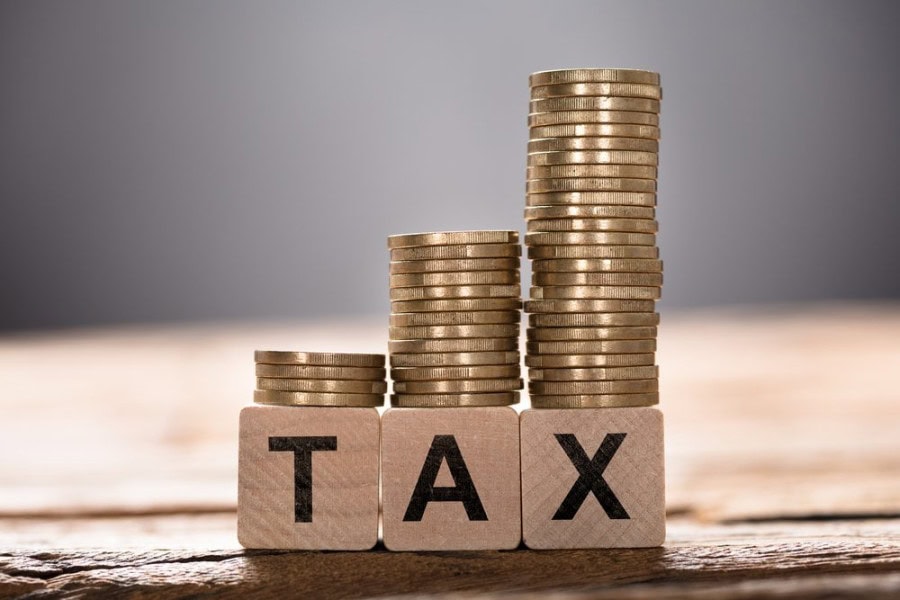With inflation staying out of control, peopleshould brace more price hikes as the caretaker government is eyeing tocollect another Rs18 billion each month through additional taxes on avariety of items ranging from sugar to consumer goods.
It means Islamabad will manage another Rs90 billion in revenuegeneration during the remaining five months of the fiscal year 2023-24,after missing the original targets, which resulted in its inability to
bridge the budget deficit. In this connection, the caretaker government has shared a plan with theInternational Monetary Fund (IMF) which has praised Islamabad forincreasing the energy tariffs, promising a 5 per cent federal excise
duty on the sugar – a move that will ultimately also result in higherprices of products in which it is used. Meanwhile, the plan envisages an overall tax collection target ofRs11,000 billion with an increase of Rs1,590, as the IMF has beenpersistent with its demand to increase tax collection and reduce budget
deficit through a range of measures which are inflationary in theirnature.
According to the document, Islamabad will also increase the generalsales tax (GST) – which is known as VAT (value addition tax) in manycountries – from 15pc to 18pc on textile and leather products.
It is expected additional taxes would be imposed on machinery, rawmaterial, supplies, services and contracts [awarded by the government].
However, one may question the wisdom behind the decision as it mayfurther negatively impact the cost of production and sales amid theshrinking purchasing power and the worsening cost of living crisis
triggered by a record-high inflation.
The government is also going ahead with boosting the petroleumdevelopment levy collection annually to Rs1,065 billion against thepresent target of Rs918 billion.










